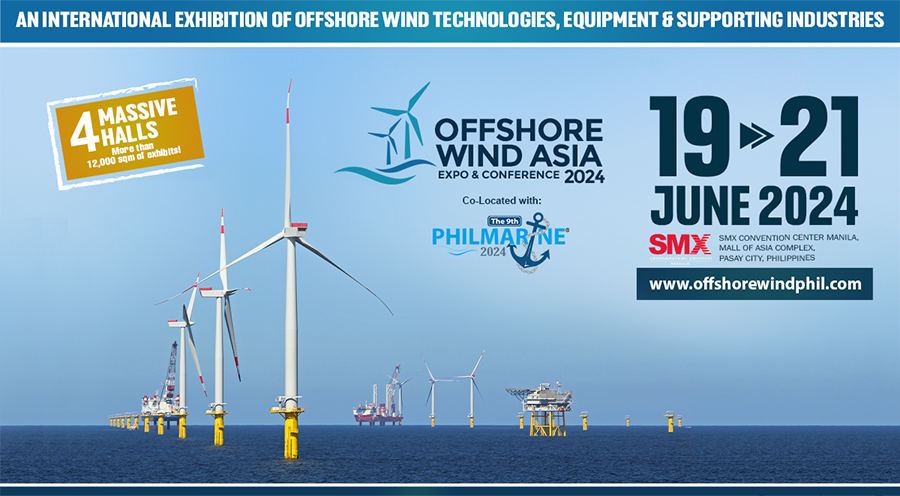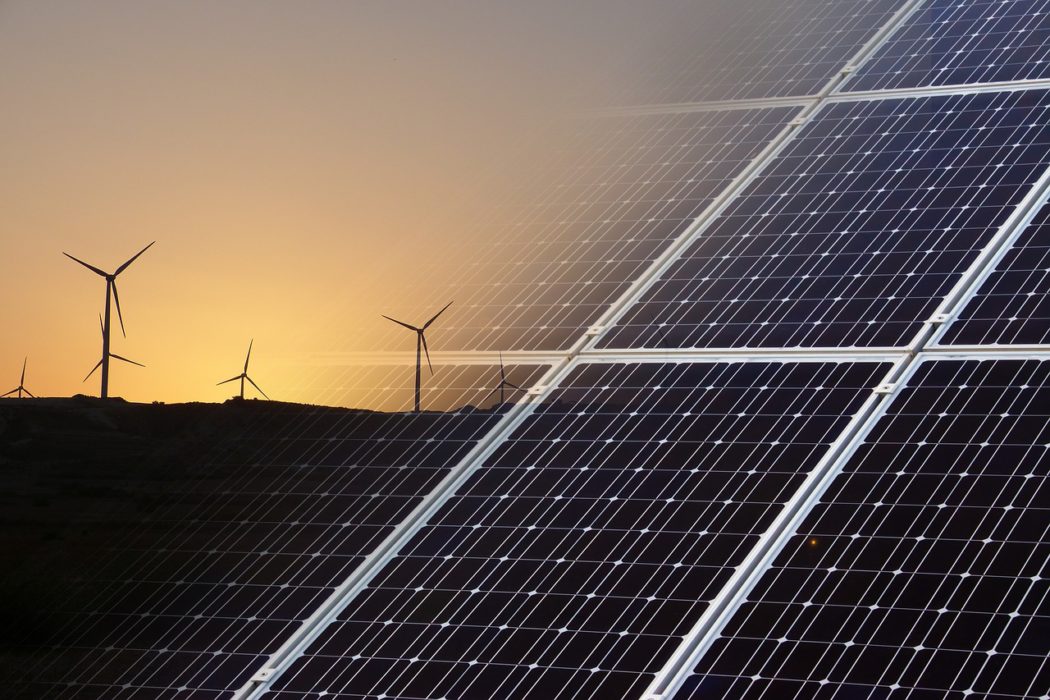The National Renewable Energy Board (NREB) aims to revise the National Renewable Energy Program (NREP) as the current targets are not met for the period 2011-2030.
“This is a good time to reassess. It’s been 10 years. The programs are in place. Let’s reassess and shift gears if we need to. Because the challenge is still there, to meet the targets, and probably to increase the targets. What we’re doing is reevaluate the program so that we can see why we did not meet the target, what work do we still need to do,” NREB Chairman Monalisa C. Dimalanta was quoted as saying in a BusinessMirror report.
The current NREP’s target is around 22,000 MW of RE capacity, with RE acquiring 35 percent of the total energy mix by 2030.
“In the supply mix, more than 30 percent, now it’s 23 percent as of last year. Instead of increasing the share of RE in the supply mix, we’re reducing. But there are a lot of factors that explains that, it’s not just because we’re using less RE,” said Dimalanta.
“There are a lot more plants that we’re built that were using non-RE. The pie got bigger with the share of non-RE getting bigger. For RE, the increase was not proportional,” she added.
Policy implementation may have been a factor for not meeting capacity goals, according to an official of the Department of Energy (DOE).
“The target is to triple the capacity by 2030. At the time NREP was issued, the existing RE capacity was 5,000 MW. The target is by end of 2030, it should be 15,000 MW. However, based on our assessment, around 7,000MW was recorded from 2011 to 2017,” said Department of Energy-Renewable Energy Management Bureau Director Mylene C. Capongcol.
“When we assess the NREP and its implementation, there were delays in issuances of development of support mechanism, like RPS [Renewable Portfolio Standards] on grid and off grid, GEOP [Green Energy Option Plan], RE market,” Capongcol added.
The revised NREP could be issued next month.
Meanwhile, advocacy group Murang Kuryente said DOE’s technology-neutral policy does not mean that coal-fired power plant could be exempted from being suspended.
Murang Kuryente Spokesman Gerry Arances said that DOE Secretary Alfonso Cusi’s comment on last week’s budget hearing “betray a parochial mentality that focuses on megawatts produced, while dooming consumers to paying more for unreliable and polluting energy.”
The advocacy group said that the technology-neutral policy opposes President Rodrigo Duterte’s order to develop more RE sourced plants and decrease dependence on coal.
“It’s a no-brainer. If you have technology that is more reliable, more affordable, and more sustainable in producing energy, you go for it and abandon old technology, especially if it’s destructive,” Arances said.


